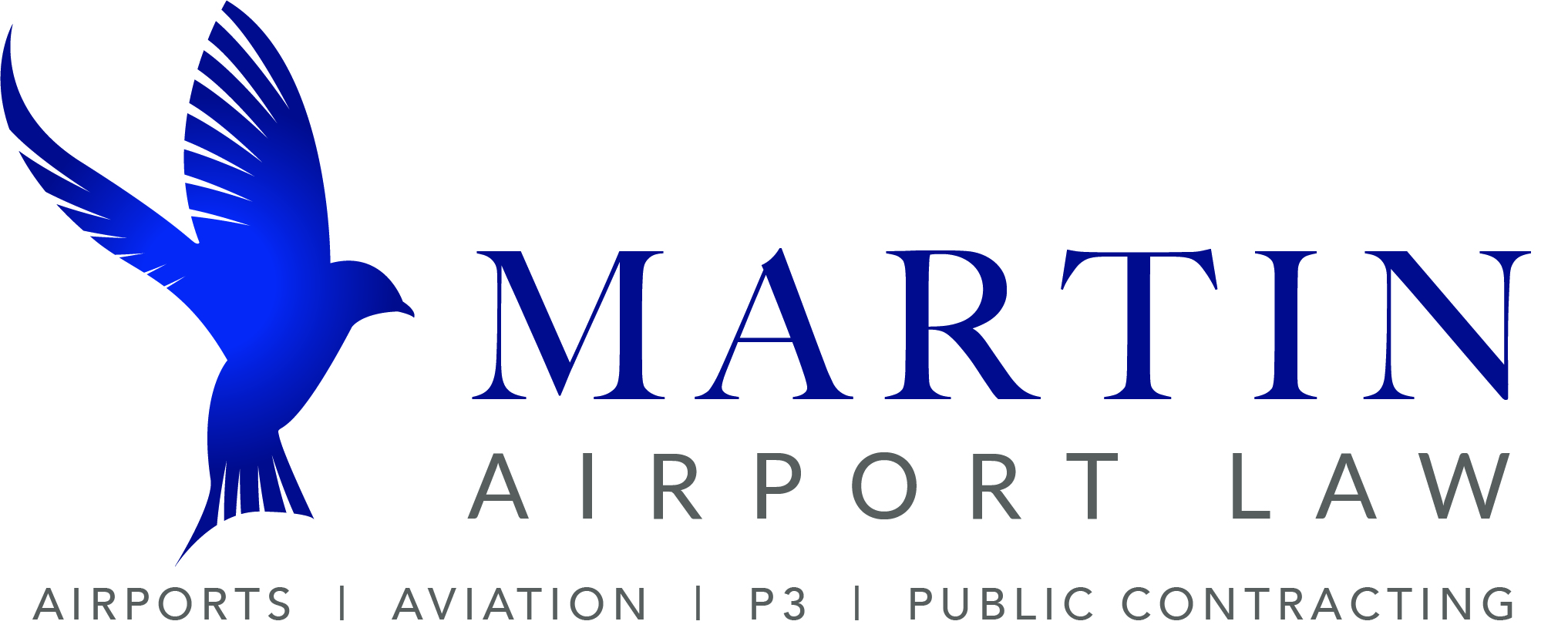Six Tips on How to (legally) Make Money at an Airport
Want to make a little extra money for the holidays picking up your neighbors at the airport? Slow down, speedy!
- Commercial activities are regulated by many airports. Commercial means you’re making money, so before you try to make money using airport facilities, check rules and regulations for that airport, which can often be found on the airport website. The rules and regulations, and other policies or operating standards, will include critical information such as whether you need a permit and how much that will cost, any applicable operating fees, the approval process, whether you have to compete with other operators for location or access, and the other requirements to be operating on-airport.
- But how will they find out? Many airports utilize license plate readers (LPRs) to track vehicles on airport property. This is for crime prevention and detection, as well as to assist in enforcement of the rules and regulations. It is safe to assume that if you are making enough trips to have extra spending money, you’re going to flag the LPR at some point. Airports also often utilize security cameras throughout airport property, so that is another way you could get caught. Flagging an airport’s security system generally starts an enforcement process that begins with a friendly warning, then a cease and desist notice, and can end with arrest and prosecution for trespass depending upon the laws in that jurisdiction.
- And as you go legit, be warned that there are often other governmental agencies involved, so you may be required to get a commercial operator permit from the city, municipality or county. This is in addition to other applicable state or federal requirements for commercial operators that vary depending upon type and size of operation.
- Protect yourself (and your passengers) by making sure you have insurance in place, in addition to the right legal structure for your business. Airports often have minimum insurance requirements for all tenants and operators on airport property, so make sure you’re familiar with what will be required.
- Look spiffy! Many airport policies for commercial operators have a dress code requirement, that could include a shirt with a collar and certain footwear, or at a minimum prohibiting tank tops and cut-off jeans. So as much as you love your t-shirt, it may not be allowed for passenger pick up. Another reason to read the applicable policy and regulations.
- Lastly, pick ups and drop offs of passengers are a continual source of congestion at many airports, so once you’re legal, you may not be able to head to your favorite spot right outside of the arrivals level. Pay attention to the required passenger pick up and drop off locations as you work on your business plan.
What to do next? If you’re an airport and you don’t currently regulate commercial transportation operations, or you think you may be in need of an update, I can help you evaluate the pros and cons of various options, as well as create the regulatory and permit structure for your airport. If you are a current commercial operator or want to get started in this business, contact me to learn more about next steps you can take to grow your business and be compliant.
For those in Tennessee, here are some links to Tennessee’s 5 commercial service airports:
Memphis International Airport: https://flymemphis.com/mem-rules-and-regulations/
Nashville International Airport: https://flynashville.com/ground-transportation/policy-and-permits
McGhee-Tyson Airport – Knoxville: https://flyknoxville.com/wp-content/uploads/2015/10/TYSRulesRegs-1.pdf
Chattanooga Airport: https://static1.squarespace.com/static/59fb5994ccc5c567ec9813a5/t/6061ffd06292d2190fe5624e/1617035216788/21.04.01+Commercial+Ground+Transportation+Rules+and+Regulations.pdf
Tri-Cities Airport: https://triflight.com/wp-content/uploads/2020/02/Ground-Transportation-Rules-8-27-10.pdf
October 2021
